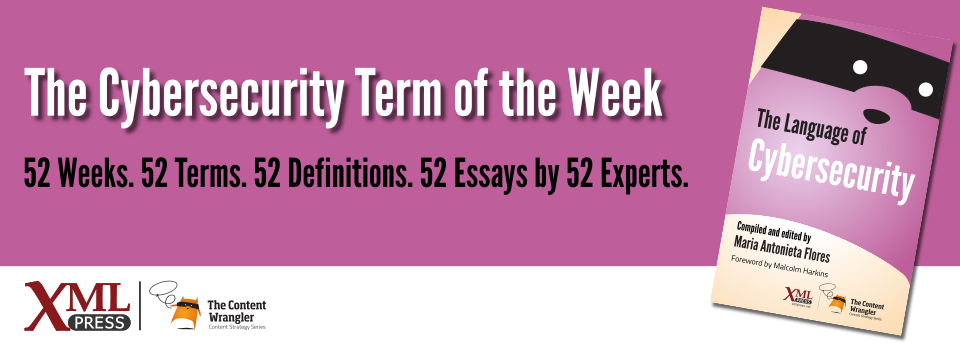What is it?
A strategy that helps reduce fraud and error by assigning two or more parts of a transaction to separate individuals. For example, the same person should not be able to enter an invoice then approve payment.
Why is it important?
Separation of duties (SoD) (also known as segregation of duties) prevents the same person from performing two or more parts of a transaction that would be susceptible to error or fraud if performed by one person. Fraud perpetrated through the lack of internal controls can lead to the loss of money, reputation, and market share as well as risking fines from regulators and, perhaps ultimately, shutdown of the organization.
...continue reading "Term of the Week: Separation of Duties"

